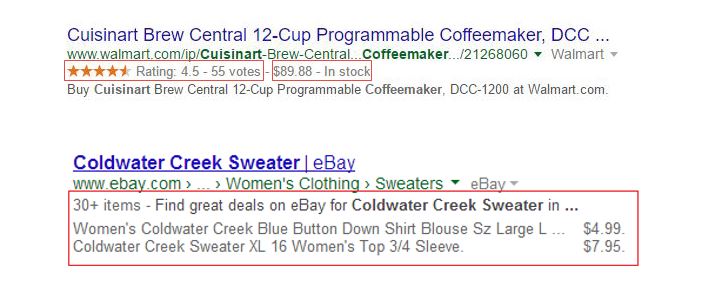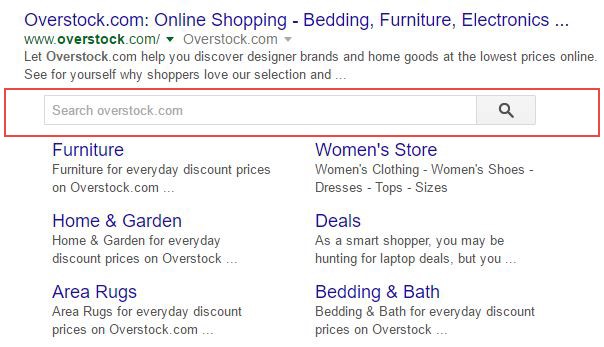You’re responsible for an e-commerce website and that isn’t an easy job. You have sales to track, shipping options to communicate, and payment options to manage. And that’s all after customers have found their way to your site because you’ve designed and executed an at least partially effective search marketing or social media strategy. It’s actually difficult to say which is harder, building an e-commerce site, successfully marketing that website, or managing its consumer interactions day to day. It is certainly true, that there is no universally true answer to the question: What’s best way to handle … well, either of the first two items.
Building an E-commerce Site for Marketing
There is no one universal list of design elements or digital marketing tactics which, if employed, will ensure success but there are a few essential features that your online store would certainly be operating at a disadvantage without. The first things on the list are related to the simple fact that it’s easier to market an e-commerce site that was built to be easily marketed.
That sounds like an overly obvious statement and could refer a variety of things, so let me explain. You see, building your e-commerce website is not unlike building a home— its’ easier to add an extra bathroom during the design phase. If you design a home with three bathrooms its’ pretty easy to build, but adding an extra bathroom after everything is all done is an enormous hassle.
Similarly, if you build an e-commerce site with a search-friendly “speaking” URL structure, it’s a lot easier to adapt those URLs to your search marking campaign than to build an entirely new URL structure.
Your e-Commerce Shop Should be Leveraging Rich Snippets
Of course SEO friendly URLs are an item that virtually every e-commerce platform supports, but have you heard of Rich Snippets? Regardless of what you’re selling, it would be more attractive in search results if your site automatically wrapped your products, product reviews, prices, availability and special/limited offers in structured data. Rich Snippets provide that.
“Rich Snippets” (aka Structured Data) refers to a collection of HTML tags e-commerce site managers can use to add extra details about their products so that search engines will do a better job of interpreting and displaying those products in search results. These include how well they’ve been reviewed, whether you currently have them in stock or if they’ll be on sale for the next week. In other words, once properly equipped, your site could be drawing in visitors with results like these:

… or similarly engage customers before they’ve even reached your web store with a search result like this:

Even the sponsored Google Shopping image results you’ve seen are dependent on enabled Rich Snippets:

Having an e-commerce store that leverages rich snippets when you enter product info gives you the power to reach into search results and begin converting shoppers into satisfied customers a step earlier. Rich snippets allows you to visually dominate search results and thereby grab the attention of shoppers.
Importance of Structured Data Tools
It may be easier to develop an e-commerce store with structured data tools than to add them to a an existing online shop, but the value of making your product listings stand out on search results pages with star ratings, current pricing, special offers or easier to find with a search box makes either worth the effort.
You know e-commerce site SEO is bad if you are not utilizing some of these key features in order to market your site and it’s products most effectively. If you need help attracting visitors to your e-Commerce shop reach out to the SEO experts at Dunn Solutions at info@dunnsolutions.com.




